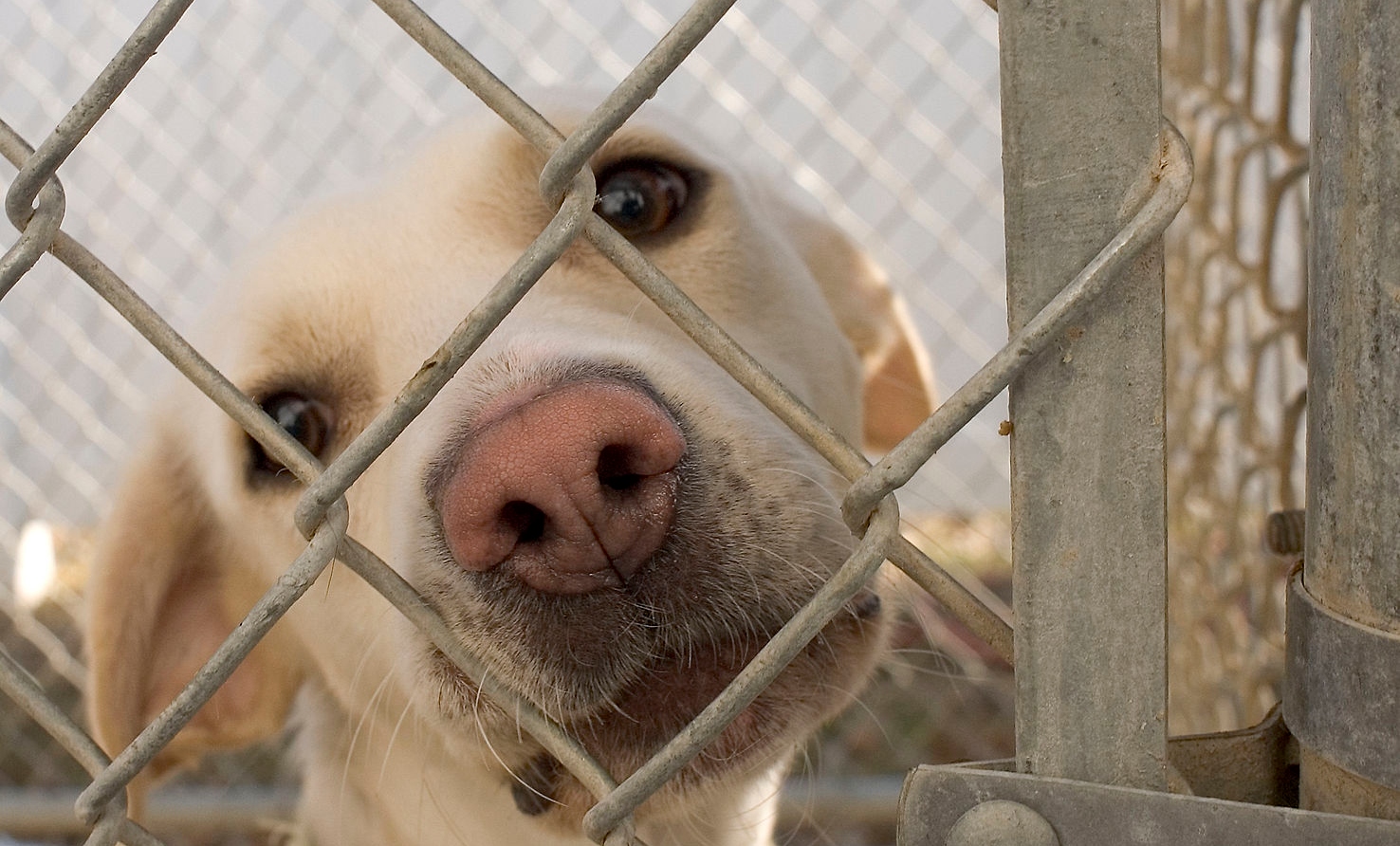
Early learning stunted

By Rickie Hardiman
Access to affordable preschool and early-learning education for all Australian children is in doubt after federal government cuts to subsidies to preschools.
In its latest budget, the government announced Commonwealth funding of the National Partnership Agreement on Universal Access to early childhood education will end in 2020.
The partnership between the federal and all state and territory governments was created in 2008 to give access to preschool education for all children in the year before starting full time school.
The stated objective of the plan is to “Facilitate children’s early learning and development and transition to school, by maintaining universal access to, and improving participation in, affordable, quality early childhood education programmes for all children…with a focus on participation by Indigenous, vulnerable and disadvantaged children, regardless of the setting in which programmes are delivered”.
In providing funding to early childhood learning centres for staff, facilities and subsidised places, the program helped enrolment for the year before school increase from 12% of eligible children in 2008 to 93% in 2016.
The program was expanded in 2016 to include funding for some three year olds, including all those from Indigenous backgrounds and some from disadvantaged families.
It is estimated that about one fifth of all of NSW’s three year olds now attend preschool as a result of the program.
More than 800 preschools in NSW rely on the subsidy to provide the recommended 15 hours per week – or 600 hours per year – of learning provided by a qualified early childhood teacher.
“Without the financial assistance from the Federal Government, the cost of preschool education will be not be within the reach of the average family,” said Verena Heron from the Independent Education Union of Australia.
“High quality pre-school education has been shown to increase children’s intellectual achievement, concentration, social skills, independence, co-operation, self-regulation and peer relationships upon entry to school,” she said.
Ms Heron went on to argue that far from being cut, the program should be being expanded to include more of the younger cohort.
“This is a huge backward step for early childhood education.
“The recent Lifting Our Game Report clearly details the benefits of extending Universal Access to three year olds,” she said.
Responding to criticism of the cuts, Minister for Education and Training Simon Birmingham said “The Turnbull Government has locked in funding for preschool for this year and next year.
“This gives us time to work through the current serious attendance issues with the states and territories that ensures children are not just enrolling, but attending and benefiting from preschool programs in readiness for school,” he said.
“The Turnbull Government’s commitment to pre-school education is absolute.”
NSW Early Childhood Education Minister, Sarah Mitchell expressed dismay, saying “It is disappointing the Commonwealth has not discussed its plans for the future of early childhood education funding with the States and Territories, despite Minister Birmingham confirming in the budget estimates the importance of ongoing funding for pre-schoolers across the country”.
Elizabeth Death, CEO of the Early Learning and Care Council of Australia said “The early years provide a key window of opportunity to support children to develop the foundations of cognitive, creative, emotional, literacy and language skills that they will need for future success in education, work and life”.
Ms Death claimed the social and emotional skills learned in early childhood education are critical to a child’s ability to thrive as an adult in the future economy and said she worried the loss of funding could have a negative impact on Australia’s place in education and economic world rankings.
“Australia’s largest non-government preschool providers are calling for clarity and non-partisan commitment to ongoing Universal Access funding to quality pre-school for every child in the two years before school,” she said.
Ms Heron expressed concern for preschools trying to plan costs, budgets and fees, saying “Pre-schools are heavily dependent upon funding and need certainty in order to set future budgets and daily fees”.
She emphasised parents would also need time to make decisions and plans for their budgets and child care needs, adding “NSW has highest fees in the country”.
Ms Carnegie commented “Parents need to stand up and fight for this as well,” estimating that after the cuts only 8,000 three year olds in NSW would be covered by the subsidies.
Elizabeth Death encouraged all stake holders to continue to work together saying “We need sustainable long-term funding linked to early childhood teacher delivered preschool for every Australian child, regardless of setting.
“We urge the Federal, State and Territory Governments to continue to work together to provide families and providers with certainty of funding post 201









